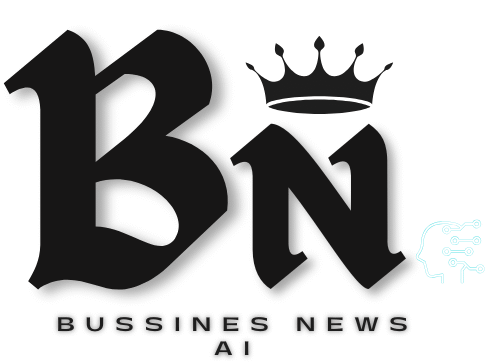In recent years, artificial intelligence (AI) has transformed from a futuristic concept into an essential tool reshaping the way businesses operate. From enhancing customer experiences to streamlining operations and making smarter decisions, AI is becoming a driving force across nearly every industry. As companies rush to integrate AI into their strategies, they are discovering both significant opportunities and daunting challenges.
Opportunities
1. Increased Efficiency and Productivity
AI can automate repetitive and time-consuming tasks, allowing human workers to focus on higher-value activities. In industries such as manufacturing, logistics, and finance, AI-powered systems can process vast amounts of data at speeds unimaginable for humans. Robotic process automation (RPA), for example, enables companies to reduce errors and cut costs by automating standard business processes.
2. Data-Driven Decision Making
One of AI’s most significant contributions to business is its ability to analyze large datasets and extract meaningful insights. AI tools can identify trends, predict future outcomes, and provide strategic recommendations. Retailers, for instance, use AI to forecast demand, manage inventory, and personalize marketing campaigns based on consumer behavior.
3. Enhanced Customer Experiences
Businesses are using AI to deliver more personalized and efficient customer service. Chatbots and virtual assistants, powered by natural language processing (NLP), can handle common customer inquiries 24/7. AI also allows companies to tailor recommendations and content to individual preferences, increasing engagement and loyalty.
4. Innovation and Competitive Advantage
Companies that embrace AI are better positioned to innovate and differentiate themselves. Startups and tech giants alike are investing heavily in AI to develop new products, enter new markets, and disrupt traditional business models. In healthcare, AI is being used to assist in diagnosis and treatment planning, while in finance, it’s enhancing fraud detection and risk assessment.
Challenges
1. High Implementation Costs
Despite the long-term benefits, the initial investment in AI can be substantial. Many small and medium-sized enterprises (SMEs) lack the resources to develop or adopt AI technologies. Implementing AI systems often requires new infrastructure, skilled personnel, and ongoing maintenance.
2. Talent Shortage
There is a global shortage of professionals with the necessary skills to develop and manage AI solutions. Data scientists, machine learning engineers, and AI ethicists are in high demand, but supply is limited. This talent gap can slow down AI adoption and make it difficult for businesses to build competitive teams.
3. Ethical and Privacy Concerns
As AI becomes more integrated into decision-making processes, questions around ethics and privacy have grown. Algorithms can inadvertently perpetuate biases if not properly designed and tested. Moreover, collecting and using personal data for AI-driven insights raises concerns about user consent and data protection. Companies must navigate these issues carefully to maintain trust and comply with regulations such as GDPR and CCPA.
4. Dependence and Job Displacement
Relying heavily on AI can lead to over-dependence on automated systems, making businesses vulnerable if those systems fail or are compromised. Additionally, automation has the potential to displace certain jobs, particularly in sectors like manufacturing, retail, and customer service. This raises important societal questions about the future of work and the need for retraining and reskilling the workforce.
The Road Ahead
The integration of AI into business is still in its early stages, and its full impact is yet to be seen. Companies that successfully implement AI can unlock new levels of efficiency, innovation, and customer satisfaction. However, to do so responsibly, they must also address the challenges of cost, talent, ethics, and change management.
Governments, educational institutions, and businesses need to collaborate to create a sustainable ecosystem for AI adoption. This includes investing in AI research, developing inclusive policies, and ensuring that the benefits of AI are shared broadly across society.
In conclusion, AI represents one of the most transformative forces in business today. Its potential is vast—but so are its challenges. Companies that approach AI strategically and ethically will not only stay competitive but also shape the future of the global economy.











